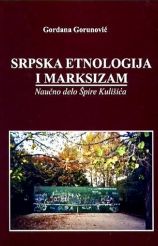
We kindly inform you that, as long as the subject affiliation of our 300.000+ articles is in progress, you might get unsufficient or no results on your third level or second level search. In this case, please broaden your search criteria.

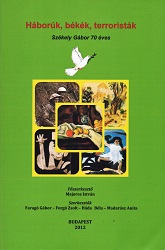
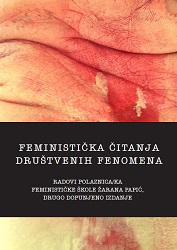
Često zaboravljena i potisnuta par excellence feministička tema, u suštini radnička, je odnos patrijarhata i kapitalizma, odnosno njihova kombinacija koja proizvodi višestruku društvenu nepravdu, čije prve žrtve su žene. Socijalistički feminizam kao razloge ugnjetavanja žena vidi klasnu eksploataciju, a dodaje i opresiju po godinama starosti, stepenu sposobnosti, spolnom identitetu i drugim osnovama.
More...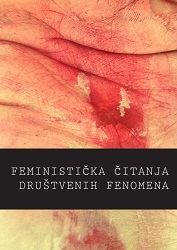
Osjećaj stalne nesigurnosti snažno obilježava cijelu jednu generaciju radnika/ca koja nastaje s kraja 80-ih godina proteklog stoljeća i polako prerasta u novu radničku klasu. Za razliku od generacija iz razdoblja socijalne države, kojima su radnička prava i socijalne ugodnosti osiguravali stalno zaposlenje, penziono i zdravstveno osiguranje, osmosatno radno vrijeme, godišnje odmore, slobodne vikende i sindikalno organiziranje, današnji radnik/ca često može računati na odstustvo svih prava za koje se radnički pokret zdušno borio. Postoje teoretičari/ke koji prekarijat smatraju novom radničkom klasom 21. vijeka, koja je nastala pod uticajem neoliberalnih struja na tržištu rada.
More...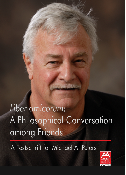
Peter McLaren wrote this piece last and so I come to it last and have recast it as an endword rather than a foreword because I think this will become the basis for an ongoing dialogue of which this exchange is only the first stage. It is so different from the other articles that I decided to engage with it as a postscript or endnote. Peter is a great friend. He is a “mate” as we say in New Zealand and I regard him as a brother and it is with affection that I engage with his ideas here. Where a number of the other contributors attempted to define me in their terms—I am a secret Kantian, universalist or cosmopolitan even if I don’t already know it—Peter seeks to define me by what I’m not and especially by contrast to what he is—a revolutionary Marxist. And he takes up the cudgels on behalf of revolutionary Marxism against postmodernism and poststructuralism which are movements that allegedly define me. This is a tricky assignment for Peter as a revolutionary Marxist because he is on record as being against both postmodernism and poststructuralism and yet at the same time he is my friend and wants to be able to be respectful and to say some nice things. He manages to achieve this very well and with eloquence. I am both flattered and relieved frankly— that we can remain good friends. But I like him and treat him as a brother (even though I have qualms about “brotherhoods”) not because he is a revolutionary Marxist but despite it. He could have been a Mormon.
More...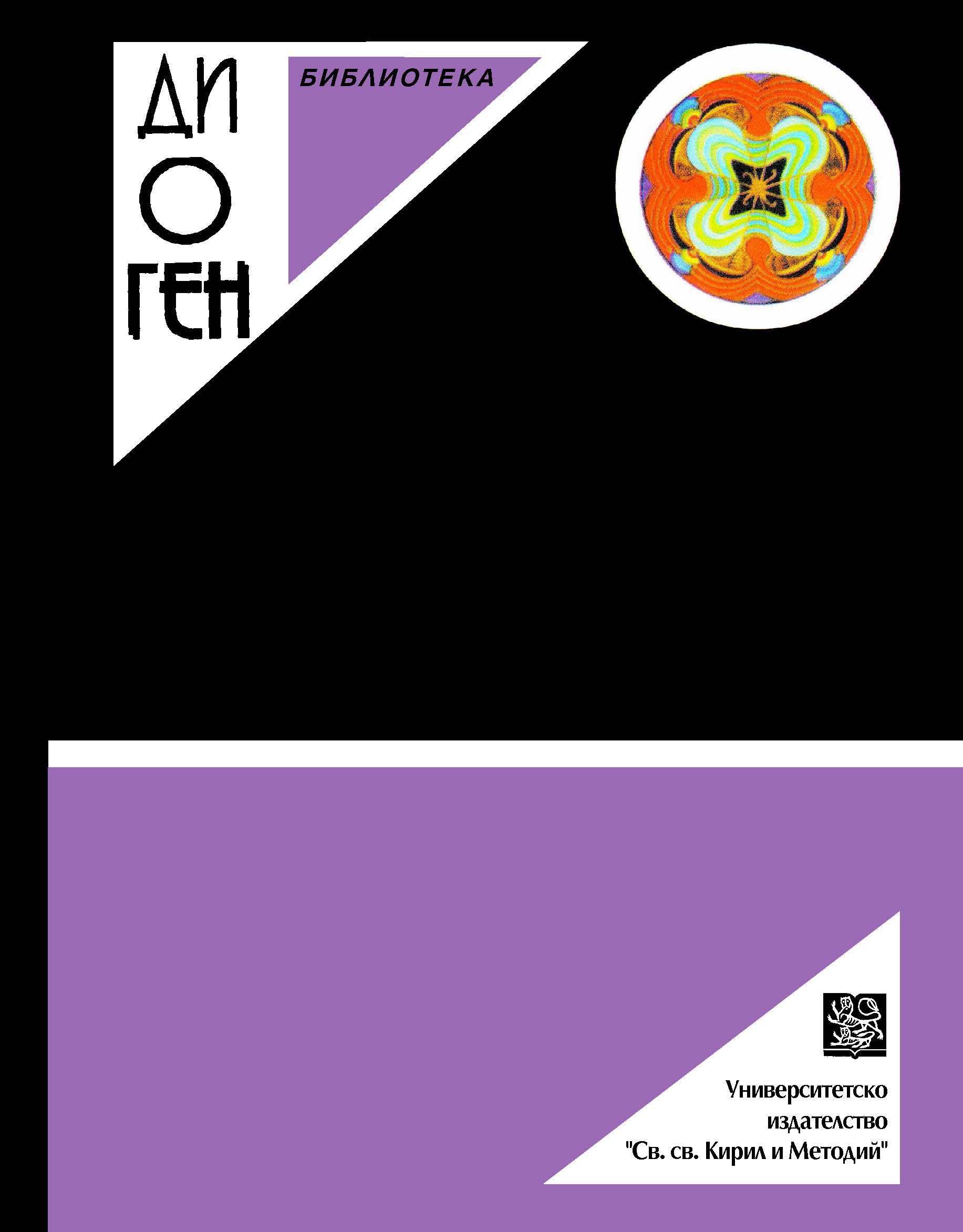
In this paper I shall try to present the role of analytical tradition in the development of Bulgarian philosophical thought – the critical attitude to it, the acceptance of its results of importance and the sizing of its typical problems. My main thesis is that at present the ideas and problems of analytical philosophers going through a veritable revival in my country.
More...
In the paper is considered the history of philosophy and philosophers in Veliko Turnovo before the official foundation of our Faculty of Philosophy. Some their advantages are commented from the point of view of the present-day philosophy.
More...
When setting up the premises for a dialogue between disability studies and critical trauma studies and embarking on editing this pilot issue on ‘encounters’ between the two disciplines, we necessarily welcomed interdisciplinary approaches, ranging across disability studies, trauma studies, literary and cultural studies, media studies, as well as many other disciplines in the humanities. The first step in introducing this issue to our readers will be to present the histories of both disability studies and trauma studies in order to see how they evolved and see why our proposal that they should meet half way or at least more often can be considered a valid one.
More...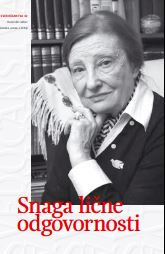
“Liberali i naprednjaci su bili konzervativci.” Navedenim oksimoronom objašnjavana je na časovima istorije delatnost prvih političkih stranaka u Srbiji, nama koji smo stasavali sedamdesetih godina prošlog veka. Kao i brojni slogani koje smo učili napamet i ta jednostavna rečenica je formulisana kako bi nam simplifikovala obimnu istorijsku materiju i olakšala razumevanje vremena u kome su formirane moderne ideologije i nastajali novi kolektivni identiteti. Međutim, sintaksička analiza načina na koji je stavljen znak jednakosti između devetnaestovekovnih liberala i naprednjaka, ukazivala je i na specifičnosti istorijske kulture unutar koje je pomenuti moto osmišljen. Manir prisutan u označavanja “drugog” koji je podrazumevao lakonsko izjednačavanje različitih političkih i ideoloških koncepcija bio je, naime, odraz označitelja mnogo više nego što je predstavljao precizno svedočanstvo o označenom. Sistem koji je brisao razlike među onima koje je prepoznavao kao “druge” i “drugačije”, zapravo je pokazivao nespremnost grupe koja ga je uspostavila da prizna sopstvenu pluralnost.
More...
The expression ’workers’ dilemma” refers to a controversial place in Marx’s and Engels’ Communist Party Manifesto. The authors argue that the final defeat of the proletariat in its struggle against the bourgeoisie will result in »the common ruin”. A similar motif appears in Walter Benjamin’s note known as »The Angel of History”. He understands progress as the result of the intervention of God («the whirlwind from Paradise”). Several intermediary topics are elaborated in the next: from early forms of capitalist exploitation over trade-union confrontation against workers’ democracy to workers’ sadness. The last sections bring empirical insights into the religiosity of workers in Croatia. The first insight is based on quantitative analysis of large samples. The second insight is based on the author’s interviews with two retired workers, examining, among others, their attitudes toward Church and trade unions in Croatia. In place of a conclusion, the author argues that the major advantage of defeats of both the proletariat and the left thought is cognitive, rather than moral-political. There is a big accumulation of knowledge of what was right and what went wrong, respectively, in the workers’ movement and socialism on the whole. Still, there is perhaps some room for theoretical (non-linear development) and practical optimism within the workers’ dilemma. The latter might be noticed in our interlocutors’ optimism in the sense that a more just society is possible, although they could not elaborate on this. The author could not either accrue more grounds for the principled optimism among workers. Instead, he put forward three remarks. One is that the future children cannot be born or survive based on the devastating pessimism of their ancestors. The other remark stays in the line with Marx’ and others’ contentions with utopian socialism, i.e. confined to rare local communities, while the power of the hegemonic capitalism, is overwhelming, capable of destroying any power that is all too small (like the former Yugoslavia which besides was left without international allies). The last remark concerns religious and non-religious worldviews that are mutually compatible only provided that they support peace and, respectively, deny the need to wage wars in the name of God or any other ideological fetish. Essentially, durable peace is unbearable to capitalism and other non-democratic governments, whereby the question of who or what exactly created the world becomes largely irrelevant.
More...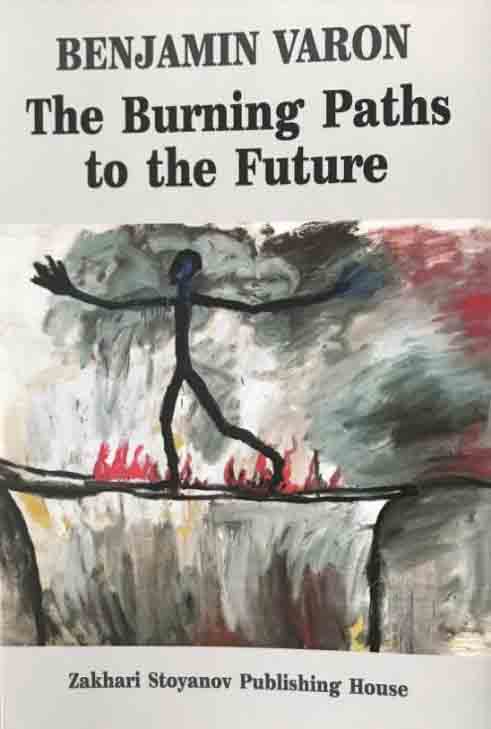
The book „The Burning Paths to the Future“, published in memoriam, is a collection of selected works from two earlier books, Paths (1999, 2000, 2001) and Capitalism – Antagonist of Humankind (2004). It comprises Varon’s most significant and emblematic theoretical writings. His intellectual and philosophical insights recall the tradition of Bulgarian and foreign Marxist thought. What is more, the book contains ideas that have advanced Marxist philosophical thought at the turn of the 21st century. The book contains the core of the intellectual legacy bequeathed by Benjamin Varon – a Renaissance mind, an economist, scholar and philosopher whose perceptive articles and studies abound in brilliant heuristic insights and present an exciting read for researchers.The publication was a collaboration between Zakhari Stoyanov Publishing House and Raymonda Varon-Mateeva, daughter of the remarkable thinker. The profound message of the book will continue to inspire future historians and philosophers.
More...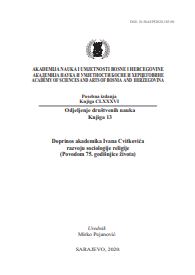
Review of: Ivan Cvitković "Marksistička misao i religija".
More...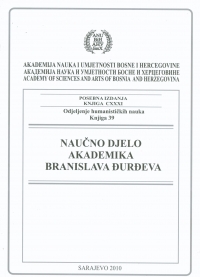
Die marxistische Lehre stellt eine der komplexesten Fragen der modernen Zeit dar, vor allem deswegen, weil nach dem Tod von Karl Marx (1883) eine ganze Reihe von Historikern auftauchten, die sich als seine konsequente Anhänger darstellten. Unter ihnen gab es “verfehlte” oder “falsche Marxisten”, deren Einstellungen völlig von den grundsätzlichen Position des Marxismus abwichen, es gab auch solche, die diese Lehre nur in Ansätzen annahmen, aber auch konsequente Historiker, die in ihre ganze Wissenschaftsphilosophie originäre marxistische Prinzipien einführten. Einer der Protagonisten der letzten Gruppe war auch der bosnisch-herzegowinische Historiker Branislav Đurđev. Seine marxistische Geschichstauffassung brachte er in einer Reihe von Aufsätzen, Studien und Abhandlungen zum Ausdruck, in welchen er explizite seinen Standpunkt verteidigte und jene heftig kritisierte, die von dieser Auffassung abwichen.
More...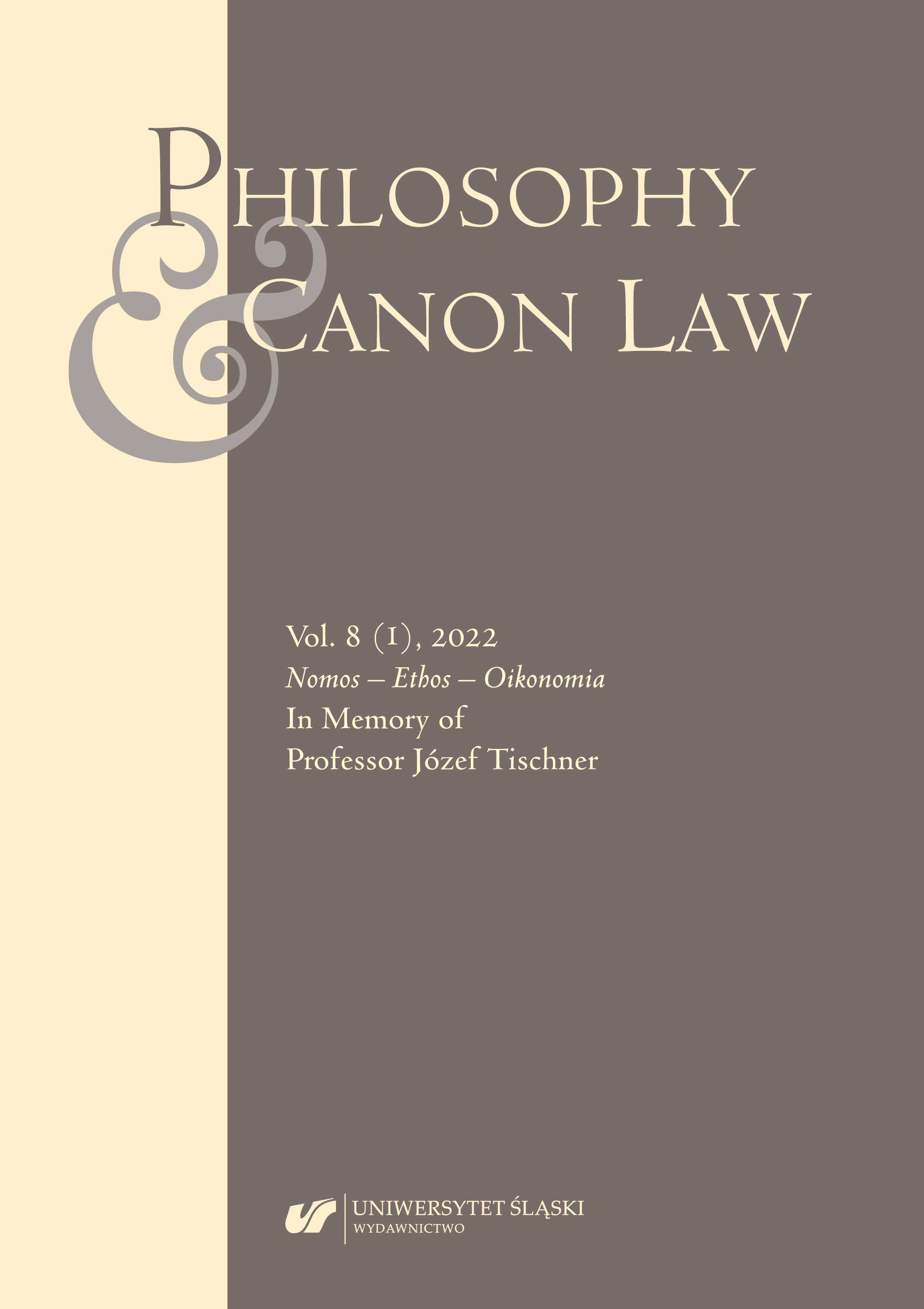
The present article examines Józef Tischner’s idea of upbringing (wychowanie) in establishing the new awareness of solidarity among the Polish workers and people through an awakening to conscience. The present moment served as a revolutionary alternative to socialism. I look at Tischner’s critique of Marxism and the central issue surrounding base and superstructure. Then I turn to his recovery of the Polish tradition of ethical ideals, especially in the person of Maximilian Kolbe and John Paul II. The text provides a detailed analysis of the chapter on upbringing in The Spirit of Solidarity. Tischner’s notion that upbringing is a personal bond established in trust to live in hope for improvement in mind and heart is placed in the context of the solidarity as a social bond establishing an ethical community transcending the political quest for power and the need to find an enemy. The text analyzes the various counterfeit forms of education in order to deepen our awareness of the meaning of authentic upbringing. Salient points of his teaching are discussed in conclusion.
More...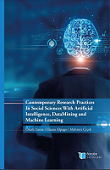
The basic teaching of macroeconomics is based on the principle of managing scarce resources in the most efficient way against endless needs. Liberal economic theories are shaped according to this principle. According to this understanding, countries, societies and individuals who can manage scarce resources in the best way increase their welfare and become prosperous. Societies that fail to achieve this become poorer or fall into the underdeveloped country class.
More...
Peu après février 1948, un chargé de cours progressiste dauba sur la théorie idéaliste d’après laquelle toutes les controverses de ce monde prennent leurs racines dans la polysémie des mots. A l’époque, moi aussi j’ai ri avec toute la salle de cours de la faculté de Philisophie. Seulement, depuis ce temps-là, le rire m'est passé et, lentement mais sûrement, je penche moi-même vers cet idéalisme.
More...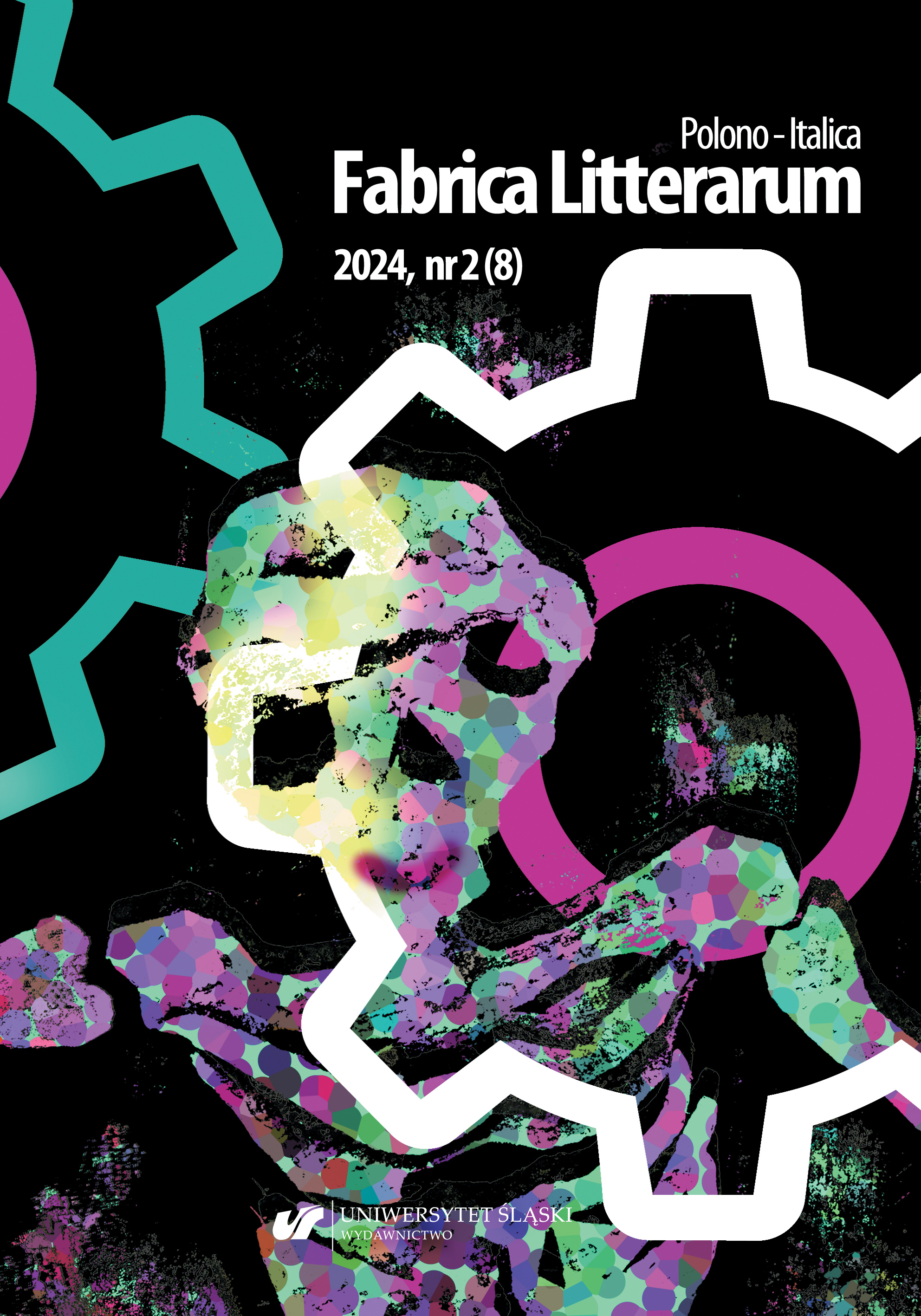
This essay explores the philosophical implications inherent in Samuel Beckett’s most enigmatic and metonymic late theater work, Not I, even as he frequently abjured any interest in philosophy, which he claimed neither to read nor to understand. The play is profoundly ontological, however, and its metonymic stage image engages the classical philosophical conundrum of the relationship of the part, a piece or fragment, say, to the whole, an issue with which Beckett has at least been intrigued for most of his creative life.
More...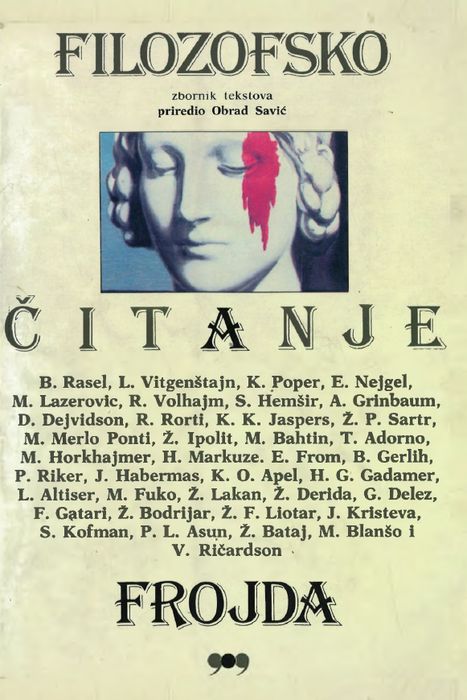

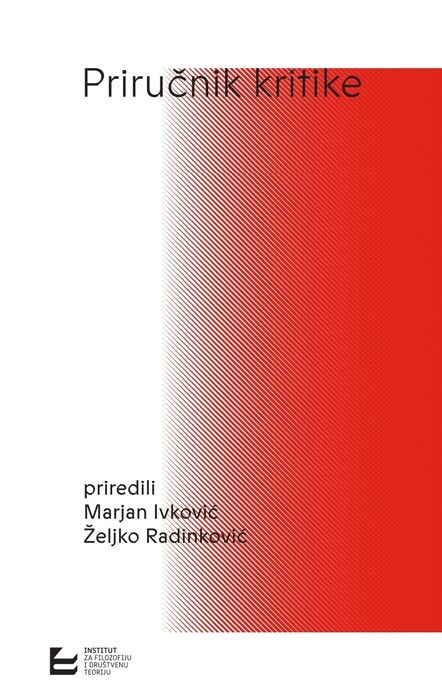
"School of doubt" is a phrase of Paul Ricoeur, by which he means a type or strategy of interpretation that applies doubt and "reduces the illusions and lies of consciousness". As its "masters" and "teachers", he names three thinkers, "seemingly incompatible with each other": Marx (Karl Marx), Nietzsche (Friedrich Nietzsche) and Freud (Sigmund Freud). Namely, in their always different applications of doubt, there is no single method of demystification, but their commonality is reflected, according to Riker, in a radical opposition to "the phenomenology of the sacred and the whole hermeneutics, understood as gathering meaning and as the memory of being" (Riker 2010: 42-43, 45). According to this interpretation, the great interpreters share, albeit in different registers, the same "intention" or "decision" — to "first consider consciousness as a whole as a 'false' consciousness", to get to the heart of the Cartesian fortress of consciousness, which remains unsuspected while doubting in all the things that are shown to her, she introduces doubt: "After doubting the thing, we moved on to doubting consciousness" (Riker 2010: 43).
More...